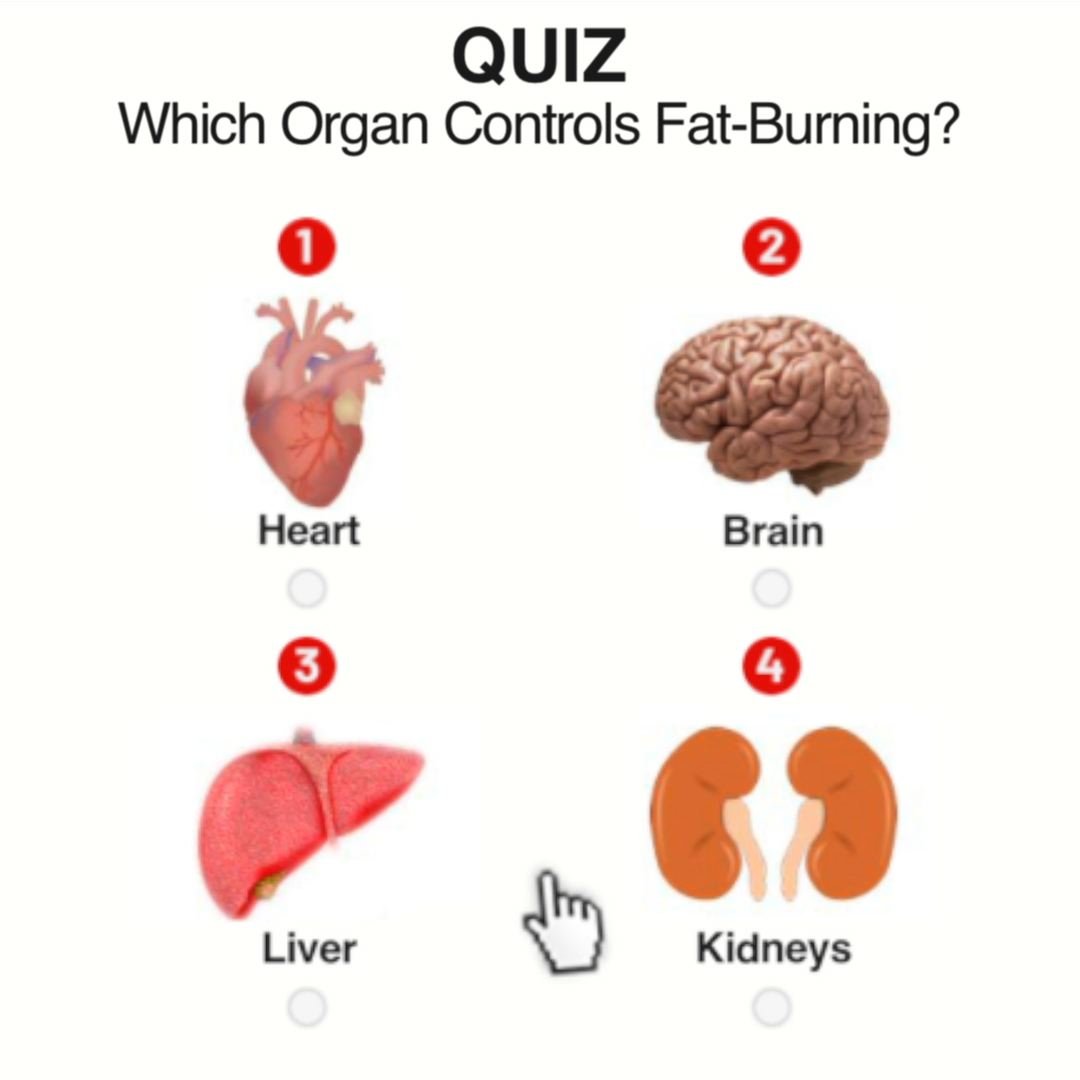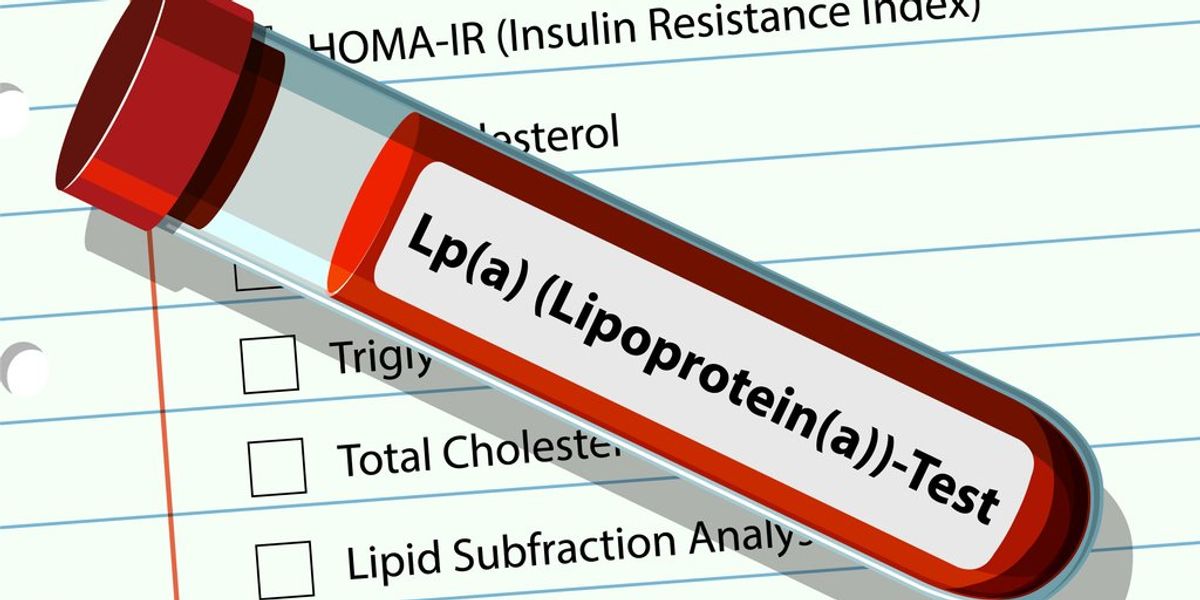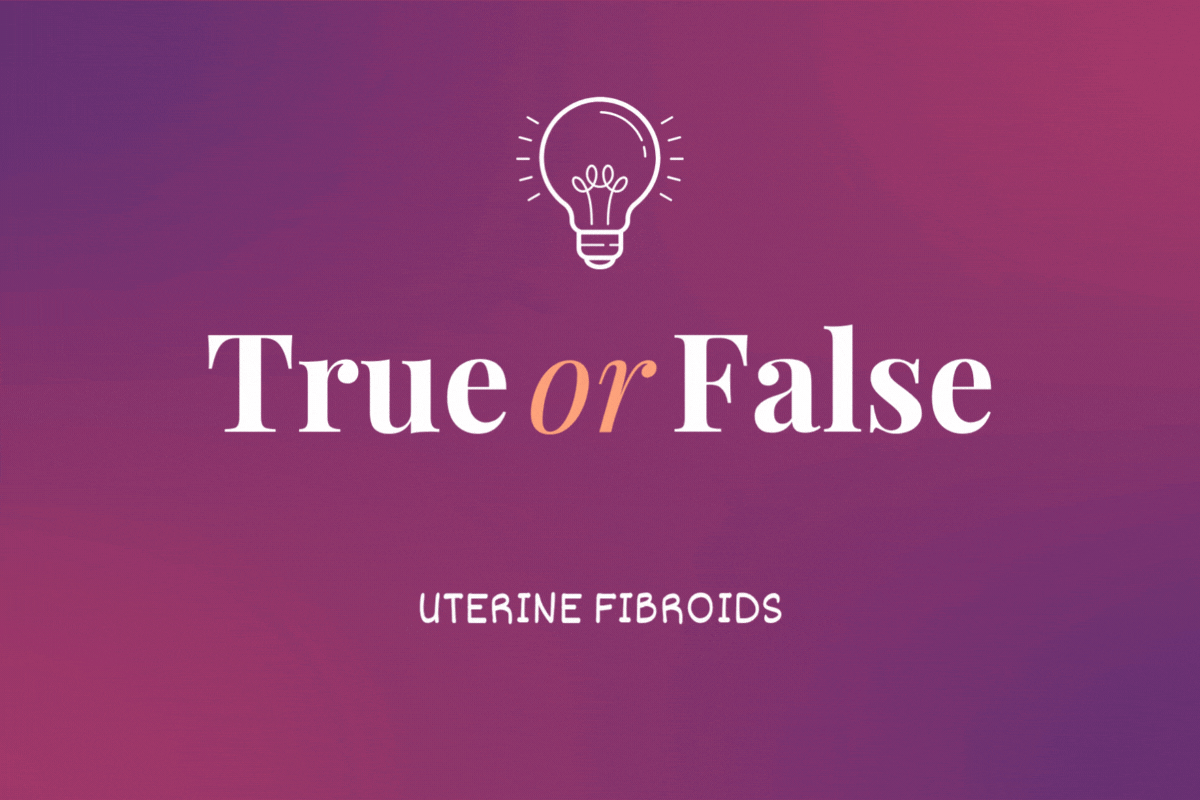How Much Vitamin C Do You Need Per Day?
Vitamin C is a water-soluble vitamin needed for essential body processes. The human body does not make or store vitamin C, and it eliminates any excess in the urine. You must get enough vitamin C daily from food or supplements.
Vitamin C is an antioxidant, helping protect cells from damage by highly reactive oxygen molecules called free radicals. The body needs vitamin C to make skin collagen (a structural protein) and improve iron absorption. It also helps the immune system protect the body from disease.
The recommended amounts of vitamin C vary by age and are measured in milligrams (mg). Vitamin C deficiency is rare in the United States, and while taking too much vitamin C isn’t dangerous, it is always a good idea to take only the recommended daily amounts.
Recommended Daily Allowance (RDA) by Life Stage
You need to get enough vitamin C to support your immune health and other body functions. However, most people do not need vitamin C supplementation because they get enough in food and drinks.
The amount of vitamin C you need will depend on your age and the amount of vitamin C you can get from your diet.
The National Institutes of Health (NIH) recommends the following doses of vitamin C daily:
- Babies and infants: 40–50 mg
- Children ages 1 to 8: 15–25 mg
- Children ages 9 to 13: 45 mg
- Teens ages 14 to 18: 65–75 mg
- Adults: 75–90 mg
- Pregnant teens and adults: 80–85 mg
- Breastfeeding or chestfeeding teens and adults: 115–120 mg
Within the NIH ranges, males need higher amounts of vitamin C. If you are pregnant or lactating, you will also need higher amounts. If you are pregnant, it is not a good idea to take vitamin C supplements without first talking to a healthcare provider.
People who smoke have higher vitamin C needs. The NIH recommends an additional 35 mg of the vitamin if you are a smoker.
How Much Vitamin C Do You Need for Specific Goals?
Vitamin C is known for boosting immunity and reducing oxidative stress (an imbalance between antioxidants and damaging free radicals in cells). It also has other health benefits.
Boosting Immunity
One of the main reasons for taking vitamin C supplements is to boost immunity, as vitamin C can be vital to various areas of the immune system.
Ways in which vitamin C can boost the immune system include:
- It encourages the production of lymphocytes and phagocytes, white blood cells that protect the body from infection.
- It helps white blood cells function more effectively while protecting them from free radicals. These harmful molecules are responsible for oxidative stress and chronic disease.
- It may prevent and treat respiratory and systemic infections. For a preventive effect, you would need at least 100–200 mg per day. However, treating an infection would require significantly higher doses of vitamin C to reduce the inflammatory response and metabolic demand.
- It plays a vital part in the skin’s defense system, acting as an antioxidant, supporting collagen production, protecting skin from sun damage, promoting wound healing, and boosting skin hydration.
Low levels of vitamin C are linked to poor health outcomes. Research shows that low vitamin C can put people at risk for inflammatory conditions.
Reducing Cancer Risk
Some research suggests that vitamin C intake in foods may reduce the risk of some cancer types. A 2021 Antioxidants review finds that consuming vitamin C from foods could potentially decrease the risk of pancreatic, breast, and pulmonary cancers. Still, more research is needed to confirm such findings.
The same report also suggests that vitamin C, already used as a complementary cancer therapy, can be administered in high doses to treat certain cancers. Research on safety and efficacy in this area is ongoing.
The National Cancer Institute (NCI) reports some healthcare practitioners already use intravenous (IV) vitamin C to treat cancer, fatigue, and infections. According to the NCI, IV administration of vitamin C in doses of over 500 mg produces a higher blood concentration of ascorbate (a biologically active form of vitamin C) than oral supplementation.
Lowering Risk for Metabolic Syndrome
Vitamin C may help lower your risk for conditions associated with metabolic syndrome. Metabolic syndrome is a cluster of three or more conditions that increase the risk of heart attack, stroke, and diabetes. These conditions include high blood pressure, high blood sugar, abdominal obesity, high triglyceride levels, and low high-density lipoprotein (HDL) cholesterol (considered “good” cholesterol).
Research on vitamin C supplementation has shown reduced risk and improved conditions. The dosing for such studies falls between 100 mg and 150 mg.
Improving Cardiovascular Health
According to a 2020 review, Vitamin C has positive effects on cardiovascular health and blood flow. While the effects of vitamin C on heart health are promising, the authors note that more research is needed to confirm whether vitamin C alone can prevent cardiovascular disease.
Most clinical studies recommend 500 to 1,000 mg of vitamin C daily for heart health. The NIH’s daily recommendations are much lower, at 75 mg to 90 mg.
Managing Blood Pressure
Studies have found that vitamin C may help to lower blood pressure in both people with hypertension (high blood pressure) and people without the condition.
One 2024 study aimed to evaluate the effect of a vitamin C supplement (130 mg) with a beverage containing 278.7 mg of flavonoids.
The results showed that vitamin C and flavonoids helped to prevent elevated blood pressure caused by heat exposure. The researchers attributed this to how vitamin C inhibits oxidative stress. While these results are promising, the long-term effects of vitamin C on blood pressure are not known.
Reducing Uric Acid
Gout is a type of arthritis caused by high uric acid levels. It involves inflammation of the joints, often in the big toes. Gout attacks can cause severe swelling and pain.
A 2021 study found a strong link between vitamin C supplementation and decreased uric acid levels. In this study, a 500 mg daily vitamin C intake reduced uric acid levels.
While the researchers found the findings promising, they did not feel there was enough evidence to recommend vitamin C supplementation as a method of gout prevention or treatment.
Preventing Iron Deficiency
If you have an iron deficiency, your body does not have enough iron to produce the hemoglobin in red blood cells that carries oxygen to your organs and tissues. Vitamin C can improve iron absorption.
One 2020 clinical trial examined the effect of oral iron supplements and iron supplements in combination with vitamin C on treating iron deficiency anemia. It found that combining iron and vitamin C improved hemoglobin levels much better than treating with iron alone.
The dosing in this study was 100 mg iron and 200 mg vitamin C.
Promoting Eye Health
Some research suggests that vitamin C may reduce the risk of age-related macular degeneration (AMD). According to the American Academy of Ophthalmology, 500 mg of vitamin C, combined with vitamin E, zinc, copper, lutein, and zeaxanthin, may decrease the risk for AMD.
Vitamin C may also delay the development of cataracts, which are a clouding of the eye’s normally clear lens caused by aging and diabetes.
Who Might Especially Benefit From Vitamin C?
Research shows that some people may benefit from a higher vitamin C intake. This includes:
- Smokers and people exposed to secondhand smoke: Smokers have an up to 3 times higher risk for vitamin C deficiency due to a more significant turnover of vitamin C in the body. Cigarette smoking also increases free radicals in the body, which causes a depletion of antioxidants as they work to repair damage. Exposure to secondhand smoke can also decrease vitamin C levels.
- Infants fed evaporated or boiled milk: Infants in developed countries are fed human milk and/or infant formula, which are vital to meeting vitamin C requirements. However, infants who are given evaporated or boiled milk cannot meet their daily vitamin C recommendations.
- People with limited food options: Fruits and vegetables are the best sources of vitamin C. People who do not have access to these foods may not get enough vitamin C in their diets. This can include older adults, those who can’t prepare their own food, people with alcohol or other substance use disorders, people with mental illness, and children who might not get enough vitamin C from their diet.
- People with malabsorption and certain chronic diseases: Some medical conditions can reduce the body’s ability to absorb vitamin C. Conditions that may lead to malabsorption include celiac disease, lactose intolerance, cystic fibrosis, and bowel resection.
Additional health factors can affect a person’s vitamin C status. These include:
- Body weight
- Disease states, including severe infections and conditions like cardiovascular disease and cancer
- Genetics
- Pregnancy and lactation
Can You Get Too Much Vitamin C?
Vitamin C toxicity is rare. The most common side effect of high vitamin C is gastrointestinal (GI) distress.
GI symptoms from too much vitamin C include diarrhea, abdominal pain, nausea, and vomiting. High amounts of vitamin C may also cause headaches. If you experience these symptoms after a high vitamin C dose, cutting back or stopping supplementation can help you feel better.
How Much Is Too Much?
If you take more than 2,000 mg of vitamin C at once, you will most likely experience digestive symptoms. GI side effects and headaches are commonly seen in people who take high doses of vitamin C supplements.
Food vs. Supplements: Which Source Is Better?
Many foods contain vitamin C, especially fruits and vegetables. You can get the recommended amounts of vitamin C from food if you are eating a balanced diet.
For most people, getting their vitamin C from food is better than taking supplements. If you are getting enough vitamin C from your diet, you likely will not need to supplement.
Top Foods Packed With Vitamin C
All fruits and vegetables contain vitamin C. Raw fruits and vegetables are the best sources of vitamin C. Cooking vitamin-rich foods or storing them for long periods can reduce their amount of vitamin C.
Fruits with the highest amounts of vitamin C include:
- Berries, such as strawberries, raspberries, blueberries, and cranberries
- Cantaloupe
- Citrus fruits and juices
- Kiwifruit
- Tropical fruits, including mango and pineapple
- Watermelon
Vegetables from the highest amounts of vitamin C include:
- Cruciferous vegetables, such as broccoli, brussels sprouts, and cauliflower
- Green and red peppers
- Leafy green vegetables, including spinach, cabbage, and kale
- Sweet and white potatoes
- Tomatoes and tomato juice
- Vegetable juices
Various cereals, foods, and beverages are fortified with vitamin C. This means that vitamin C has been added to them. Check product labels to see which foods and beverages are vitamin C fortified.
When purchasing vitamin C supplements, consider their quality, price, form, and packaging:
Airless delivery in medicine refers to a system in which drug formulations are not in contact with air. This protects them from oxygen, light, moisture, and dirt and ensures stability and shelf life.
Vitamin C has various benefits that are backed by science. It also has claims that are not well supported.
Some unproven claims include:
Vitamin C is a water-soluble vitamin found in certain foods and supplements. It has various health benefits, including boosting the immune system, lowering blood pressure, protecting against gout attacks, improving iron absorption, and reducing the risk of chronic diseases.
The amount of vitamin C you need will depend on your age and how much you can get from your diet. Supplements are a great and simple way to boost your intake if you are not getting enough vitamin C from your diet. Toxicity and overdose from vitamin C are rare but possible with doses higher than 2,000 mg.
The best way to get enough vitamin C is through your diet. The best food sources of vitamin C are fruits and vegetables. If you are getting enough vitamin C from your diet, you do not need to supplement.
High Vitamin C Foods
Food
Vitamin C per Cup/Daily Value (DV)
Vitamin C per 100 mg/Daily Value
Guava
377 mg /419% DV
228 mg/254% DV
Kiwifruit
167 mg/185% DV
93 mg/103% DV
Strawberries
98 mg/108% DV
59 mg/65% DV
Oranges
96 mg/106% DV
53 mg/59% DV
Broccoli
81 mg/90% DV
89 mg/99% DV
Tomatoes
55 mg/61% DV
23 mg/25% DV
Kale
23 mg/26% DV
18 mg/20% DV
What to Look for in a Vitamin C Supplement
What Is Airless Delivery?
Other Vitamin C Health Benefits
Summary
Source link
Share this article:

:max_bytes(150000):strip_icc()/lana-barhum-d731df9d86514add9c6e1bd5aa2d7233.jpg)










